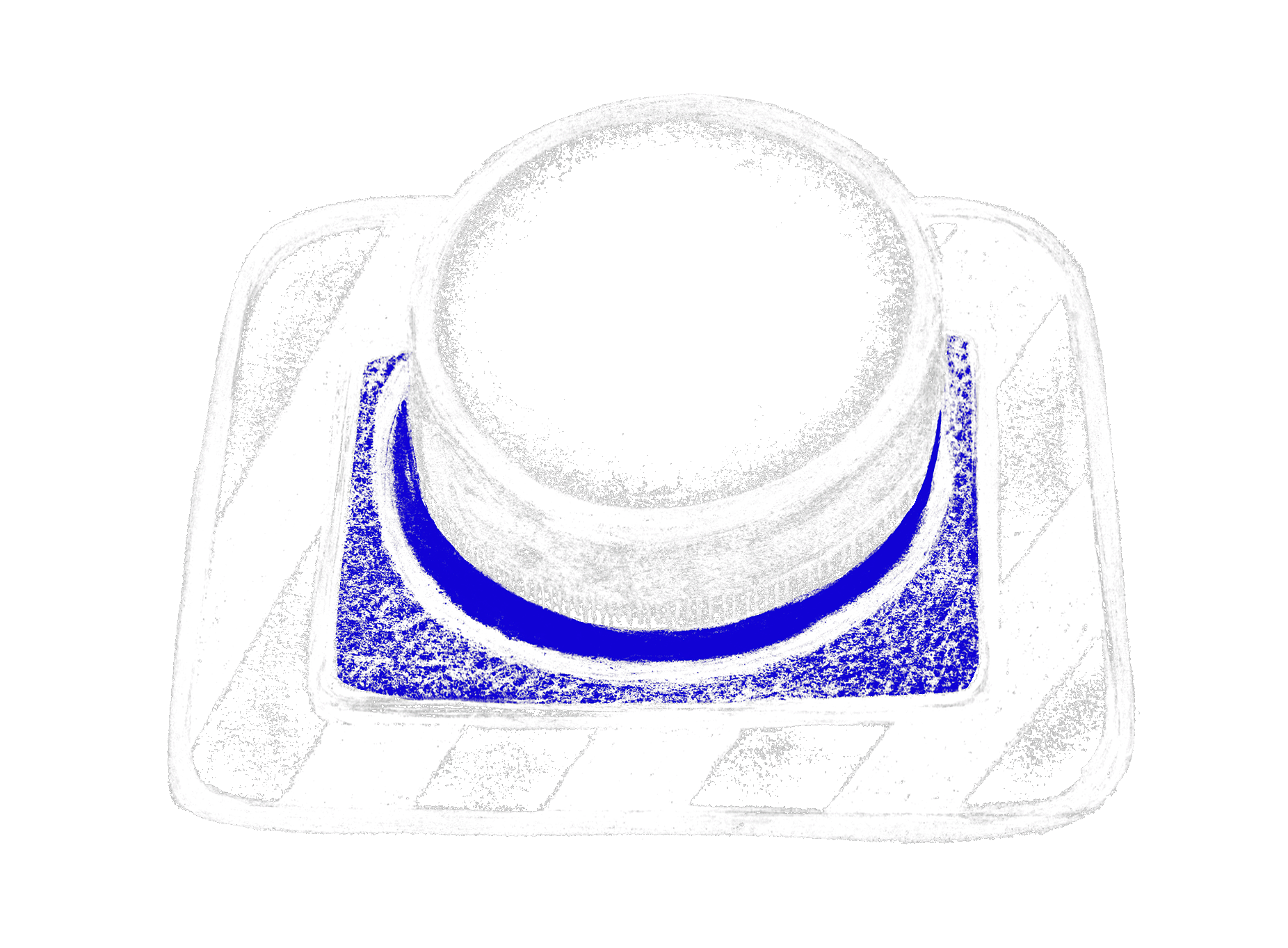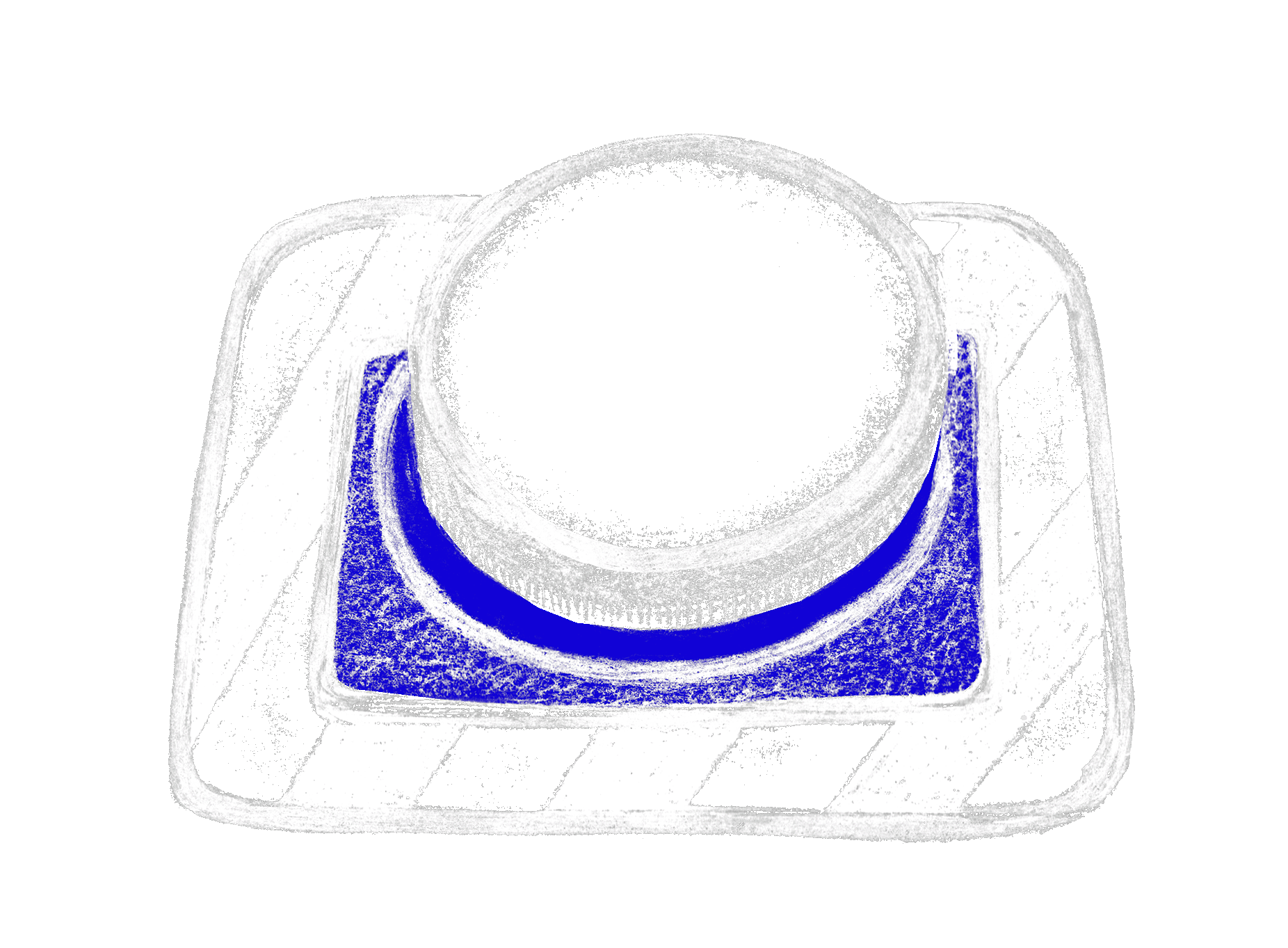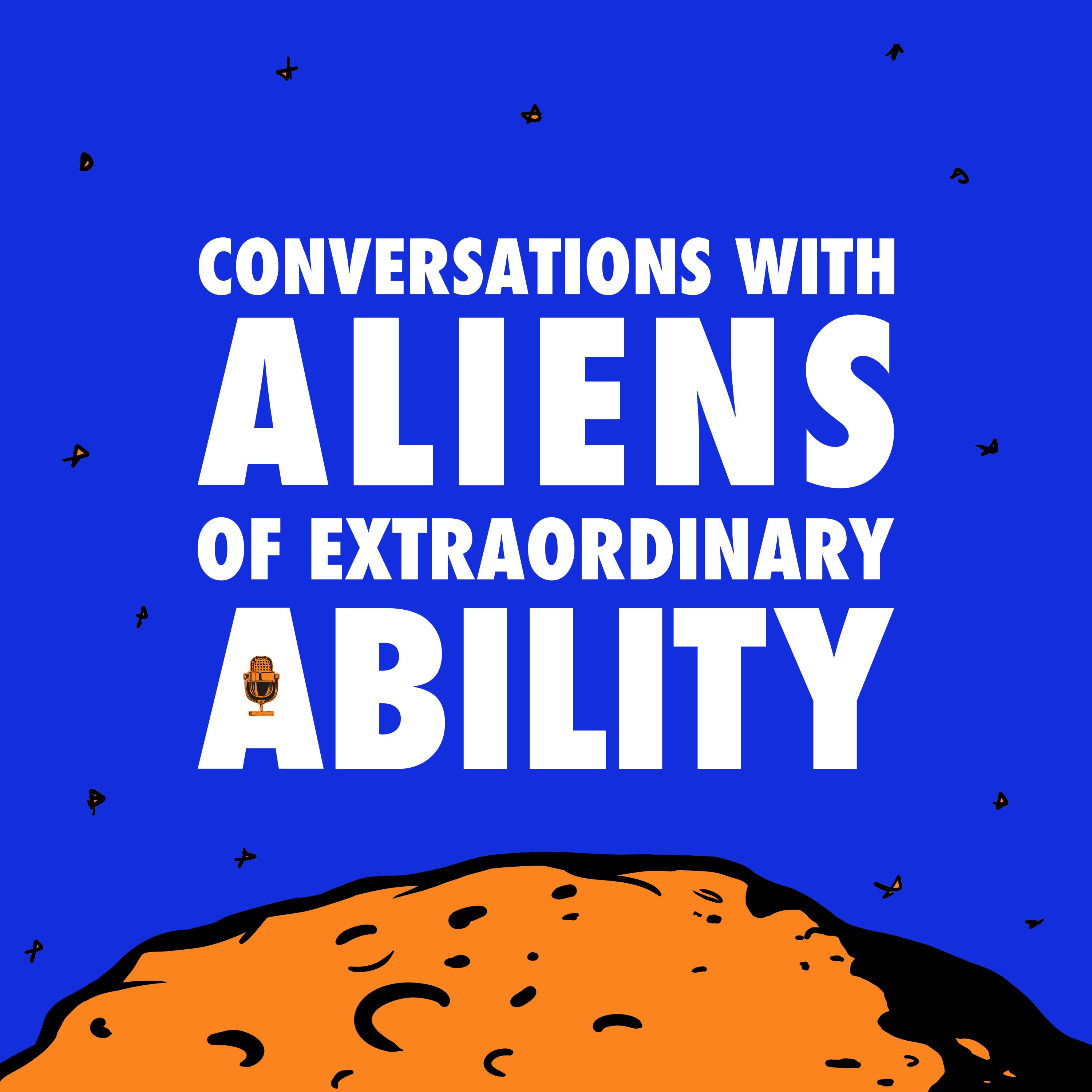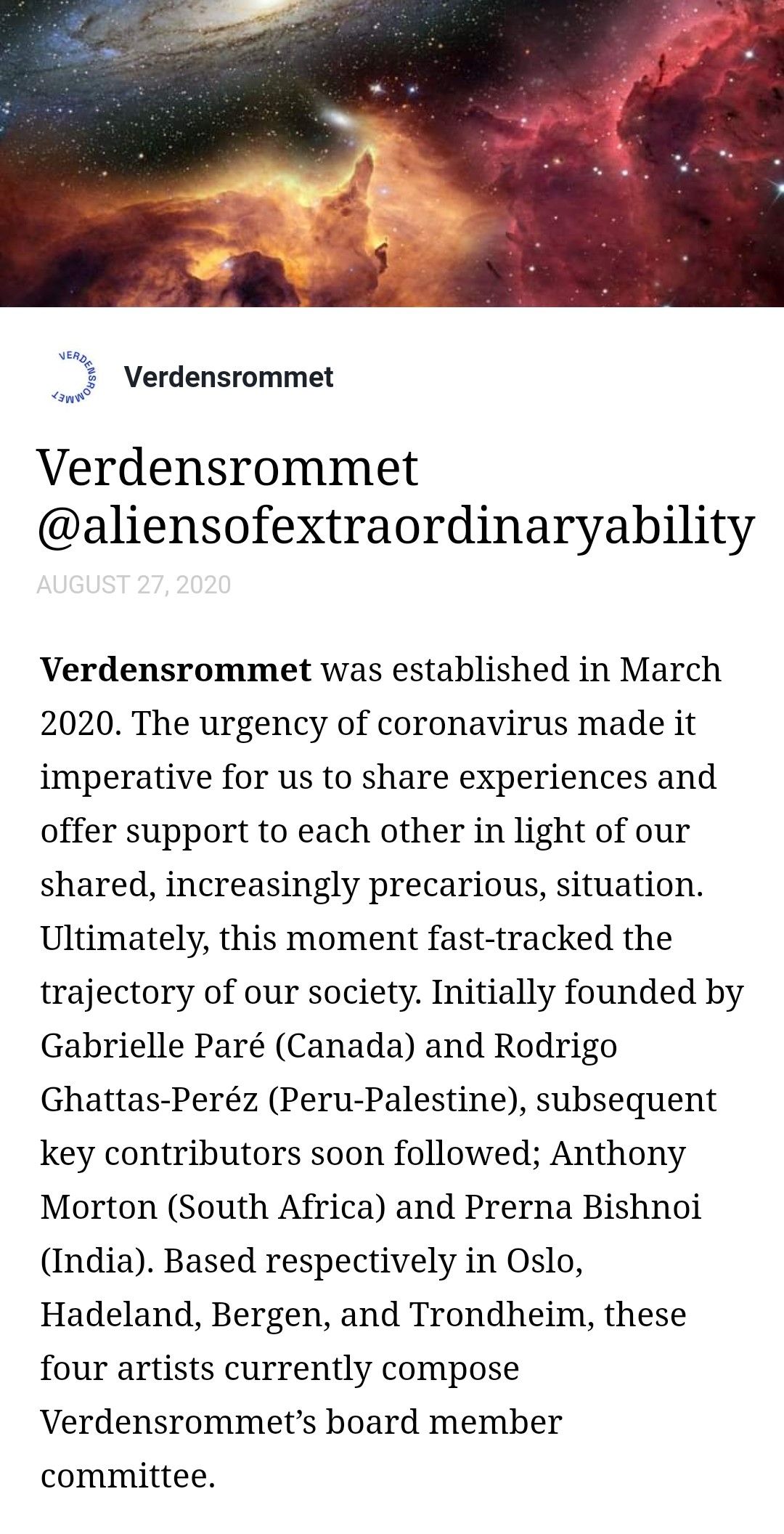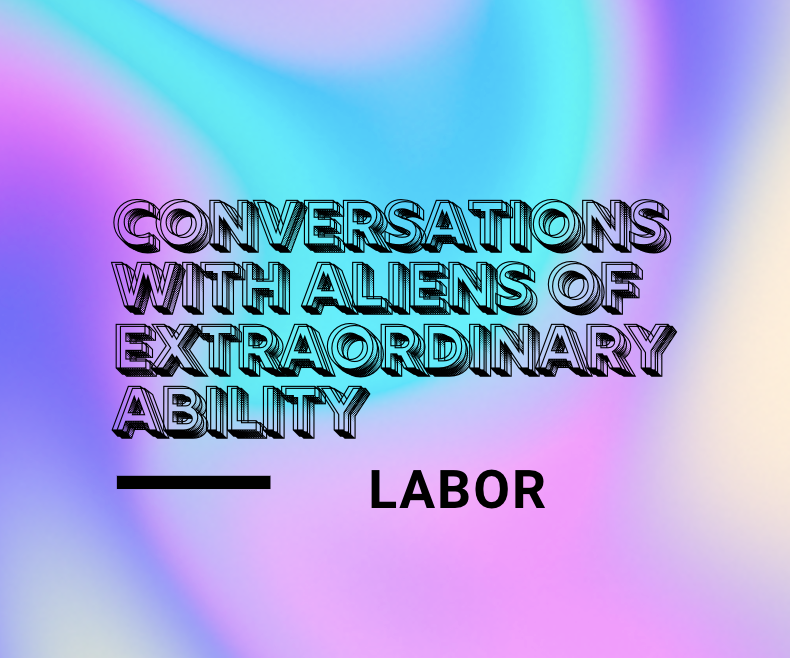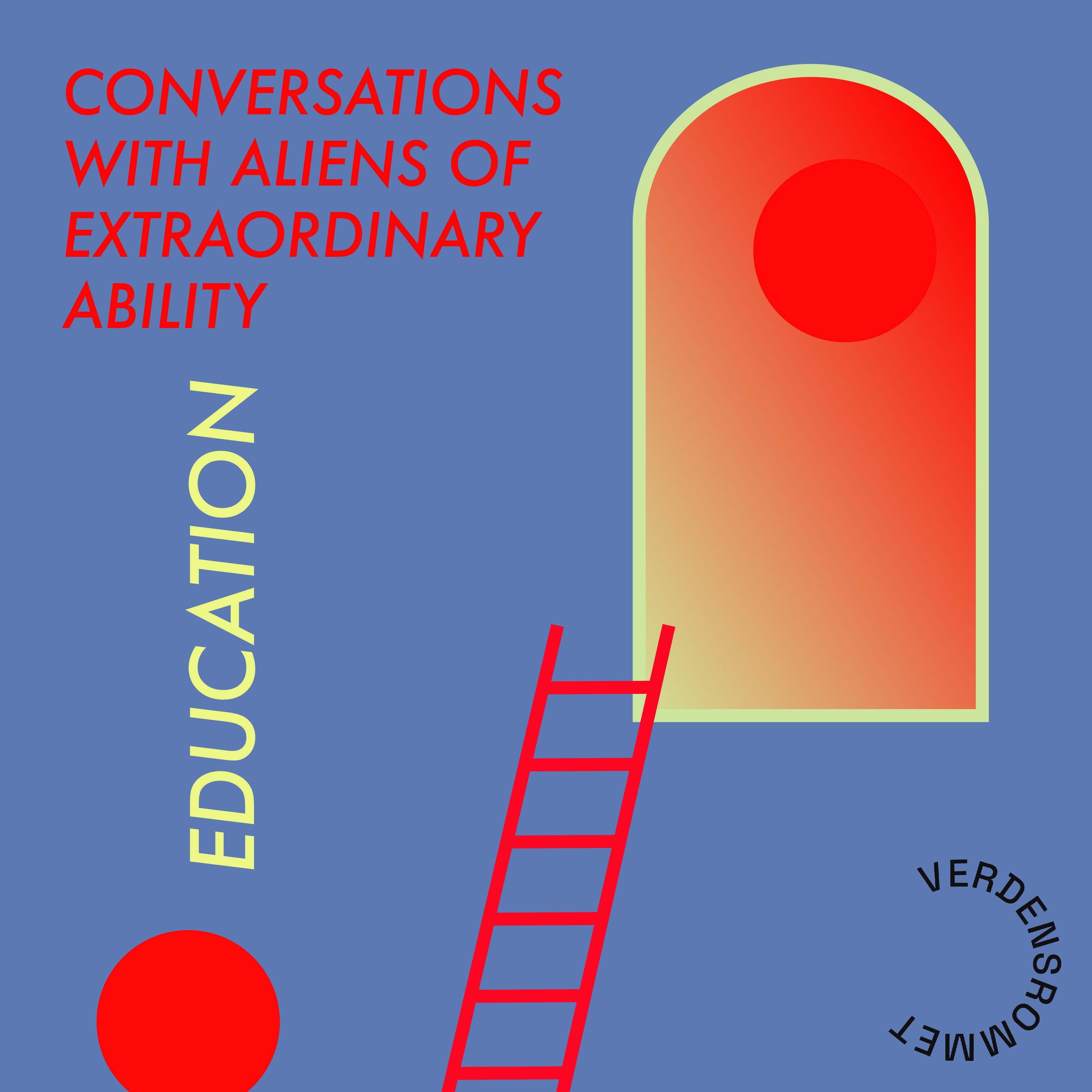Conversations with Aliens of Extraordinary Ability
This is Verdensrommet's community channel podcast covering various immigration issues through a three-part series on Education–Labour–Solidarity for artists. Episodes feature informative and speculative talks with a group of local and international critical voices around the exclusionary conditions of non-EU/EEA art and cultural workers in Norway. We seek to redefine and create processes to sustain radical livelihoods and artistic practices in reaction to the multiple crises accentuated by the COVID-19 pandemic.
*First hosted by artists Anthony Morton, Prerna Bishnoi, and Rodrigo Ghattas.
Pilot Episode
Conversations with Aliens of Extraordinary Ability is a community channel podcast. The episodes feature informative and speculative talks with a group of local and international critical voices around education, labour and practices of solidarity with immigration being the red thread running through them all. We seek to redefine and create processes to sustain radical livelihoods and artistic practices that emerge as a result of – but also in resistance to – the multiple crises triggered by the pandemic.
Practices of Solidarity | Local Perspectives w/ Tatiana Lozano & Mehdi Torkaman | ep. 1
In this episode of Conversations with Aliens of Extraordinary Ability, Rodrigo Ghattas is joined by Tatiana Lozano and Mehdi Torkaman to talk about their immigration experiences in Norway: from visa triumphs to temporary expulsions and all along the support and solidarity they received from friends and institutions.
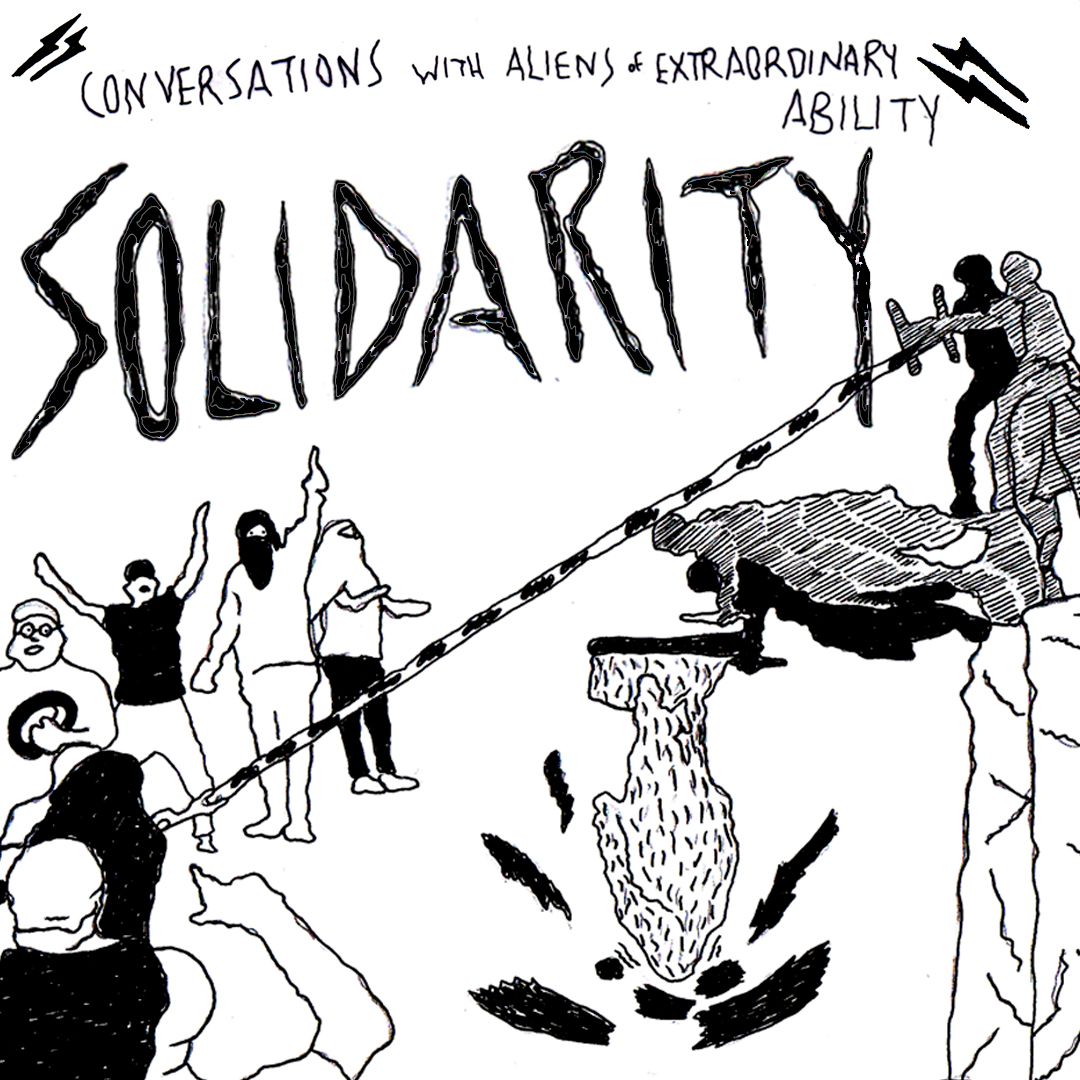
Practices of Solidarity | Mutual support groups w/ No More Later & MSP | ep. 2
Link to podcastPractices of Solidarity | Mutual support groups w/ No More Later & MSP | ep. 2
In this episode of Conversations with Aliens of Extraordinary Ability, Rodrigo Ghattas is joined by Netherlands-based artists Harriet Morley (MSP) and Lila Bullen-Smith (No More Later) to share perspectives on the financial and emotional emergencies of immigrant artists both in The Netherlands and Norway.
Practices of Solidarity | Translocal movements w/ Tings Chak 翟庭君 | ep. 3
In this episode of Conversations with Aliens of Extraordinary Ability, Rodrigo Ghattas maps out together with international activist, researcher, and Chinese-born artist Tings Chak (Tricontinental) the emerging epicenters for the born of new transnational solidarity movements. Join us as we explore how art and culture are central to the creation of anti-crisis infrastructures.
Labour | Unge Kunstneres Samfund w/ Steffen Håndlykken | ep. 1
In the Labour block of episodes of the podcast series, Conversations with Aliens of Extraordinary Ability, we try to better understand the working conditions in the cultural and creative sector in Norway through conversations with artist union representatives, researchers and artists.
In this episode, Steffen Håndlykken, the leader of Young Artists' Society/Unge Kunstneres Samfund and I (Prerna Bishnoi) focus on the goals and grounds on which UKS was founded, the influences they had from other labour unions like farming and fishery, the history of collective bargaining in the arts, the rise and transformation of the Guaranteed Minimum Income and its relations to the dream of a Universal Basic Income, and as UKS turns 100 years, what their future policies might hold.
Labour | Norske Billedkunstnere w/ Ruben Steinum | ep. 2
In this episode, Ruben Steinum, the chair of Norske Billedkunstnere/Norwegian Visual Artists Association and I (Prerna Bishnoi) talk about how artist unions liase with politicians and influence cultural policy, what NBK's policy goals are, what is a "patchwork economy" and how artists fall through the chairs of the welfare system, and plenty more. Tune in!
Labour | Artists Economies: As the State Sees It w/ Bård Kleppe | ep. 3
In this episode, Bård Kleppe, senior researcher at Telemark Forskning and I (Prerna Bishnoi) talk about the artists economy survey they conduct commissioned by the Norwegian Cultural Ministry. What does the data show about how artists earn a living? What does it say about the working conditions in the cultural sector? How much do artists earn? Why are there so many artists even though incomes in this field are so low? And finally, how does this data influence cultural policy in Norway?
Labour | Creo w/ Christine Thomassen | ep. 4
In this episode, I (Prerna Bishnoi) speak to Christine Thomassen, the Vice President of Creo, the union for artists and cultural workers in Norway. We try and understand how the image of Creo has changed from being a union for musicians and teachers to encompassing performing artists, visual artists who are both self-employed and employed, the role they play and the policy goals they are setting. Christine speaks about the relation between Creo and the Norwegian Confederation of Trade Unions (LO), the social rights of self-employed workers and how the pandemic made the glaring gaps between the working conditions of self-employed creative professionals and the Norwegian welfare system so urgently visible.
Education | After Brexit w/ Robert Carter | ep. 1
In the Education and Being episodes we hear real stories that illuminate the situation many international artists are faced with in and after graduating from MA programmes in Norway. We focus on their experiences within the education, labour and immigration systems.
In this episode, host Anthony Morton (RSA) meets Robert Carter (UK) to discuss his experiences and what it is like to be establishing his practice in Norway, as a non-EU artist, after Brexit.
Education | Repatriation w/ Ted Folstad | ep.2
In this episode, host Anthony Morton (RSA) meets Ted Folstad (USA) to discuss what it is like looking for work after graduation and reluctantly having to repatriate.
Education | A Norwegian MFA in Palestine w/ Mujahed Khallaf | ep. 3
In this episode, host Anthony Morton (RSA) meets Mujahed Khallaf (PS) to discuss his experiences of what it is like to reluctantly repatriate after a burning desire to establish an art business in Norway post-graduation.
